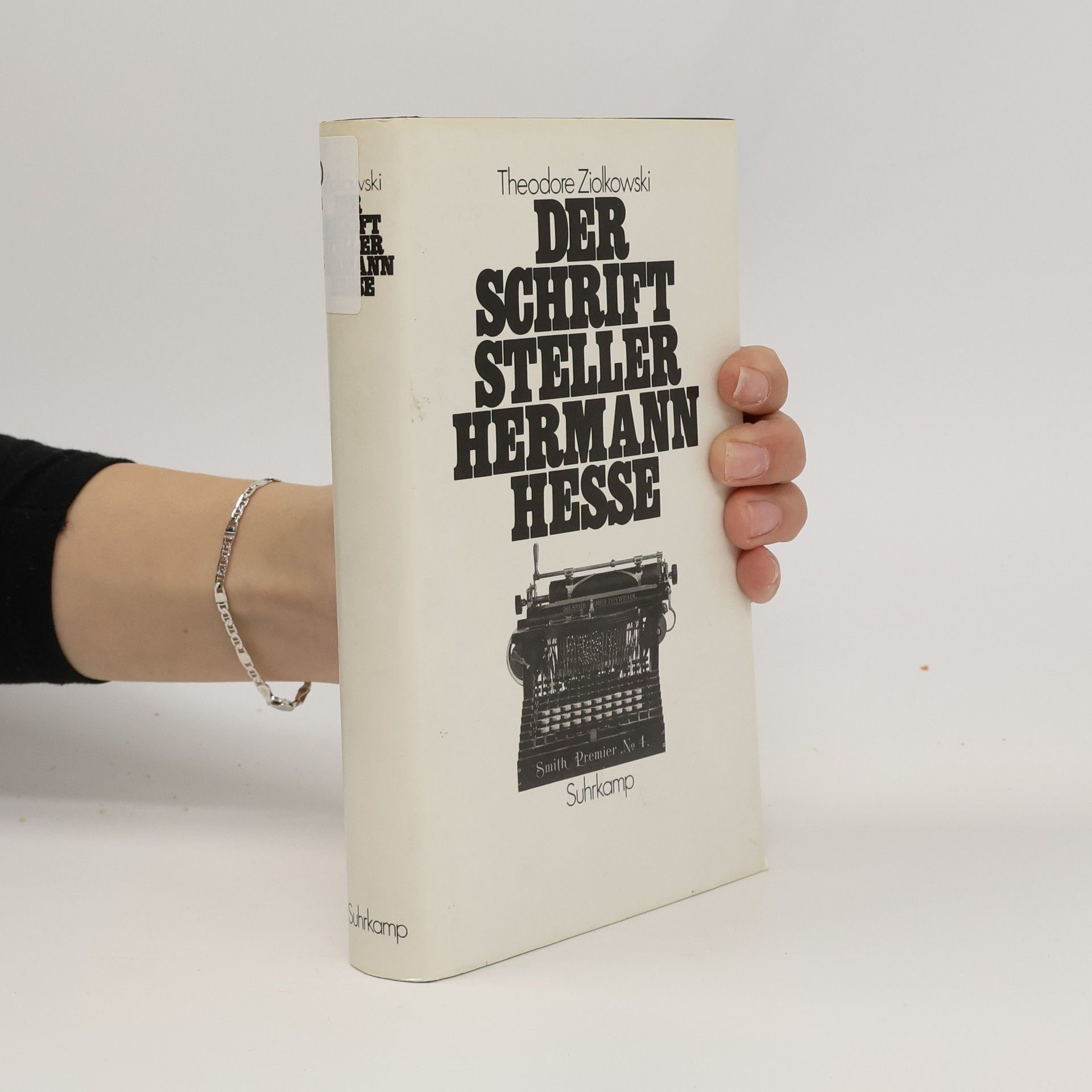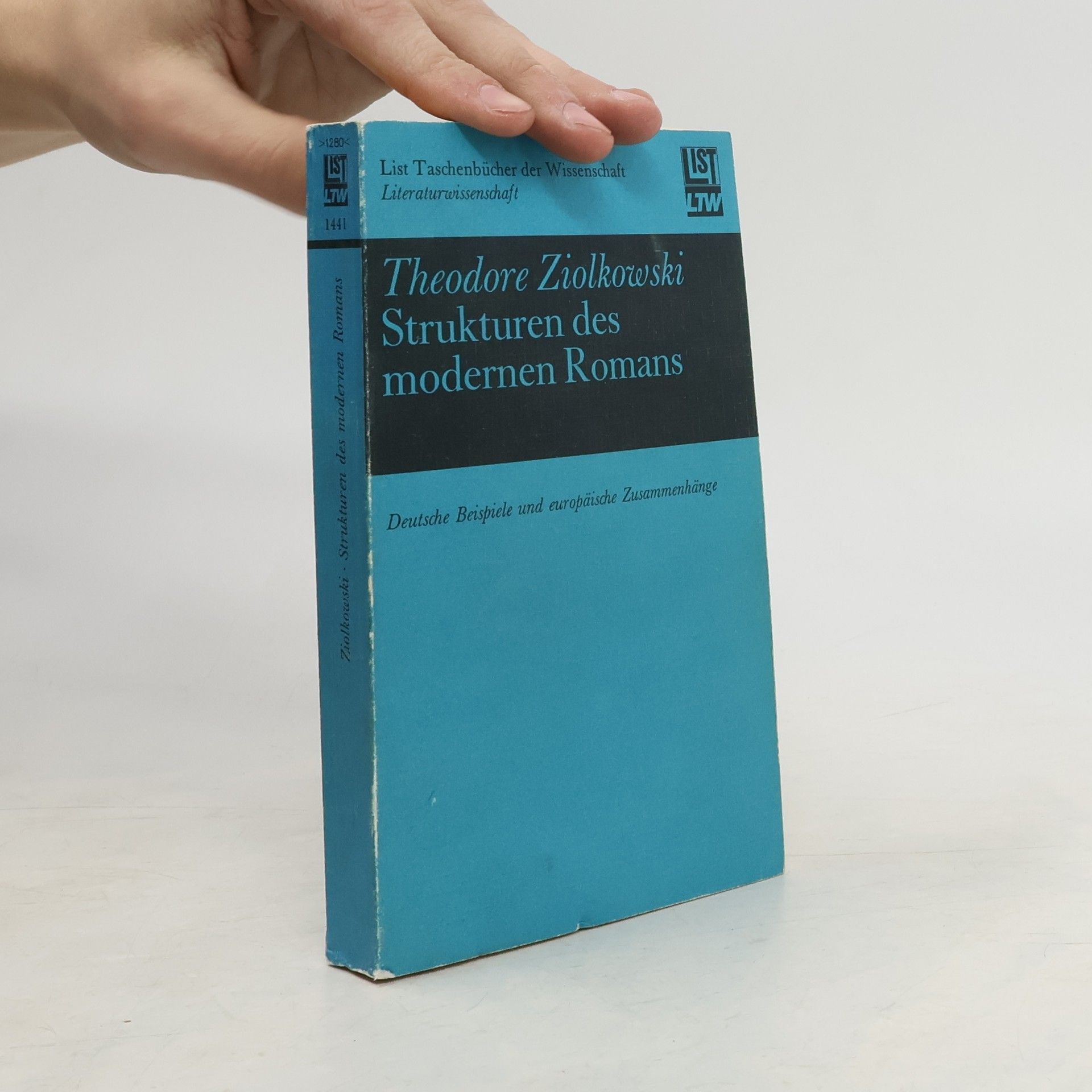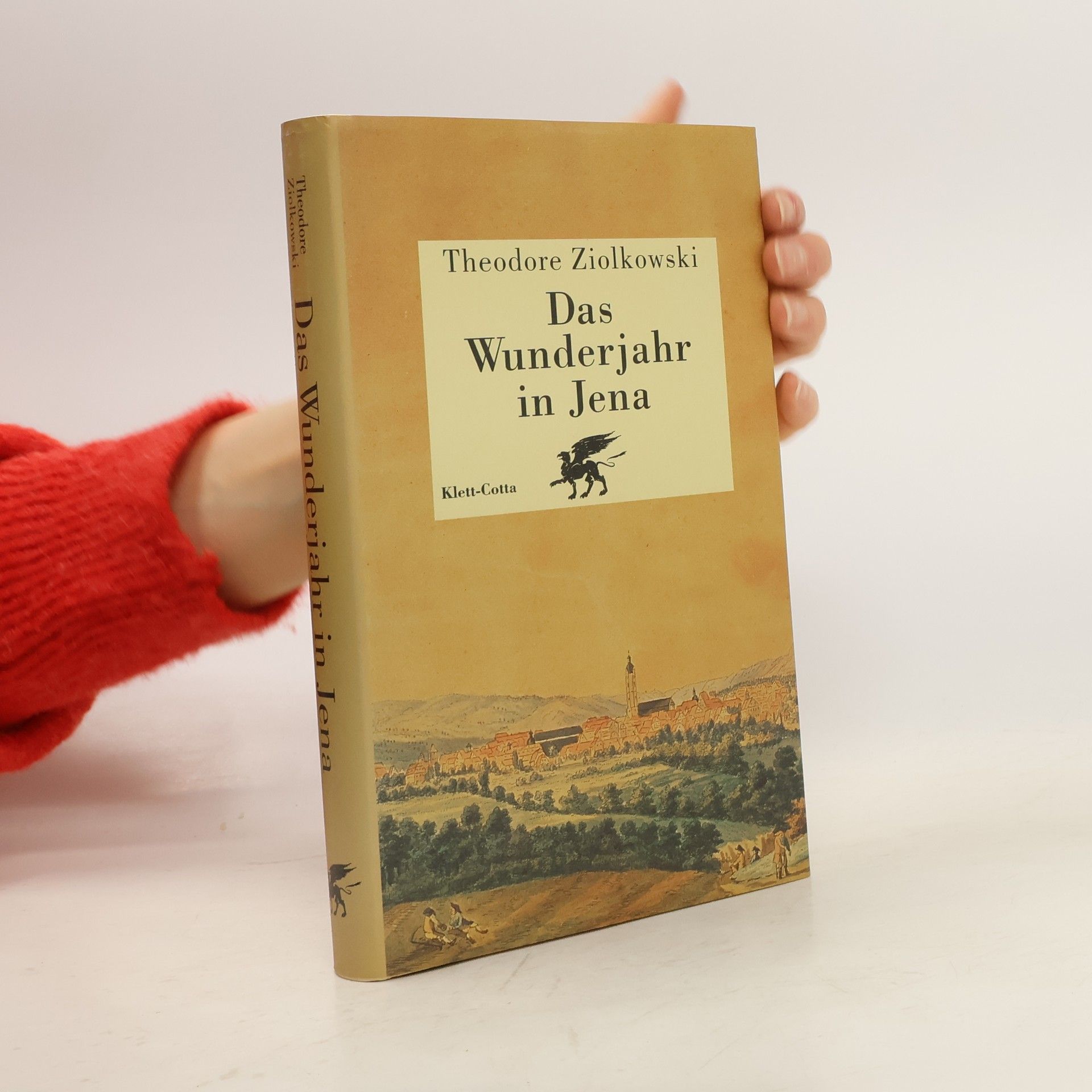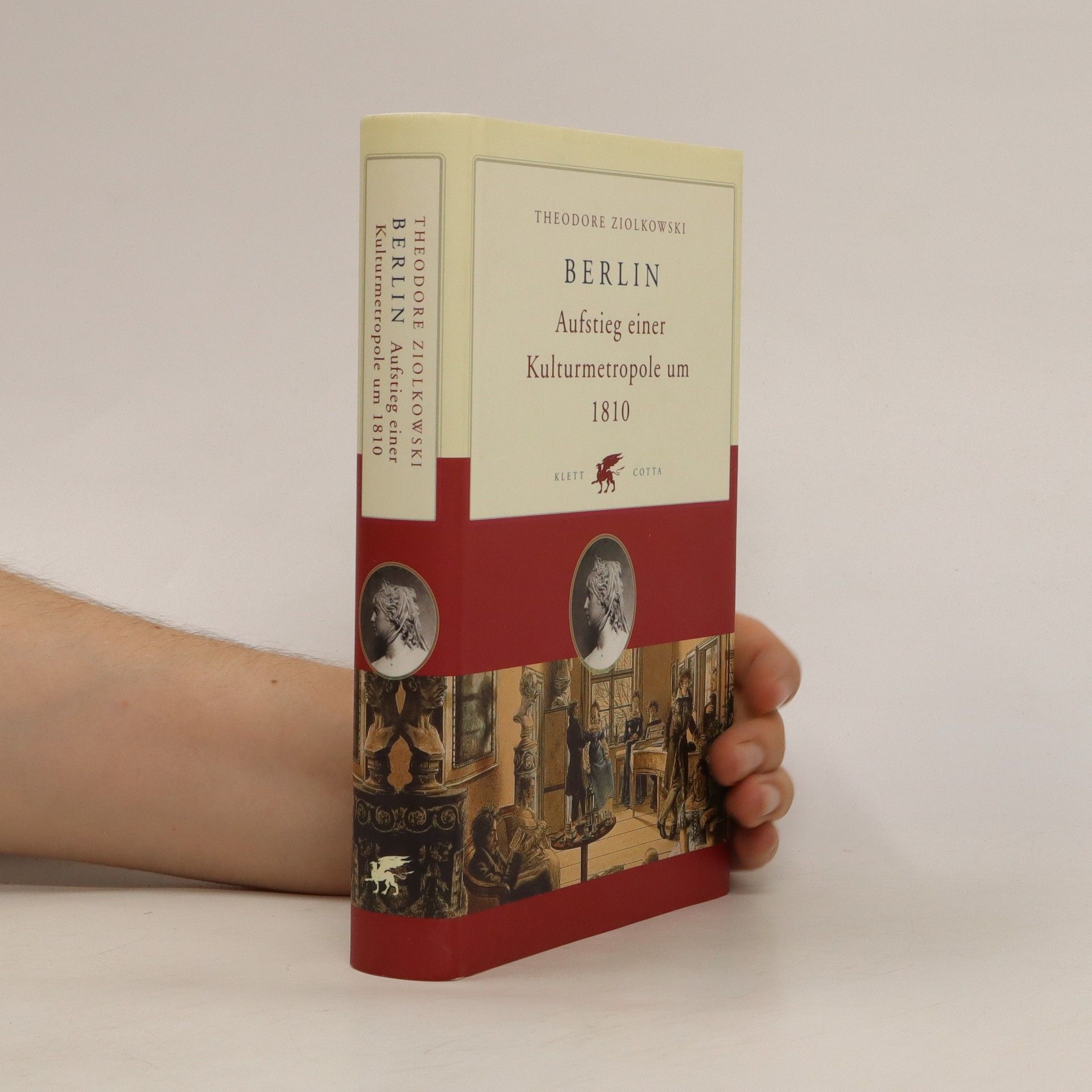Hermann Hesse
- 52pages
- 2 heures de lecture






The Reception of Roman Poetry Since World War I
This scholarly work delves into the influence of Roman poetry on contemporary Anglo-American, German, and French poets from the twentieth and twenty-first centuries. It examines how these modern writers have adopted and adapted ancient Roman poetic forms and themes, highlighting the enduring legacy of classical literature in shaping modern poetic expression. Through analysis, the book reveals the intersection of historical tradition and modern creativity in poetry.
Ob heute die aktuelle Rede einer Berliner Republik zutreffend ist, wird zur Nebensächlichkeit angesichts der Bedeutung, die Berlin vor etwa 200 Jahren errang: eine Weltmetropole des Geistes und der Kultur. Dieses andere, hochkultivierte Berlin und die Geniezeit der deutschen Geistesgeschichte zwischen Spätaufklärung, Klassik und Romantik läßt der amerikanische Literatur- und Kulturwissenschaftler Theodore Ziolkowski vor dem geistigen Auge seiner Leser entstehen. Berlin und Preußen hatte bei Jena und Auerstedt 1806 deprimierende Niederlagen, ihren Peloponnesischen Krieg erlitten. Doch die Gründung der Universität und die literarische Öffentlichkeit, die sich in Zeitungen, Zeitschriften und Salons entfaltete, ließ Berlin zum geistigen Zentrum werden. In Europa festigte sich das Aperçu von den Deutschen als einem Volk der Dichter und Denker, die ihre Revolutionen im Kopf machten, zu einem Mythos - schicksalhaft verknüpft mit Berlin, dem Spree- Athen. Theodore Ziolkowski spricht kulturgeschichtlich interessierte Leser an und zeigt am Beispiel von Berlin, daß eine Metropole, die lange Zeit zu einer der führenden Hauptstädte der Welt gehörte, nie ganz aus der Geschichte abtritt, selbst wenn sie - wie während des Kalten Kriegs - im Schlagschatten der Geschichte geistig und kulturell überwintern mußte.
Theodore Ziolkowski erarbeitet in den 14 Essays dieses Bandes sowohl die Schwerpunkte einer Werkanalyse auf wissenschaftlich-komparativem Niveau als auch die kultursoziologischen Zusammenhänge, welche die amerikanischen Millionenauflagen des letzten Jahrzehnts bis in die Gegenwart erklären. Das Buch ist ganz aus der Auseinandersetzung mit amerikanischen Studenten, ihren Problemen und Erwartungen an die Literatur entstanden und versucht mit einer profunden Kenntnis der Literaturszene des 20. Jahrhunderts das Informationsdefizit der unkritischen Hesse-Leser auszugleichen, ohne dabei die zeitgeschichtlichen Ursachen der Hesse-Renaissance zu verdrängen.